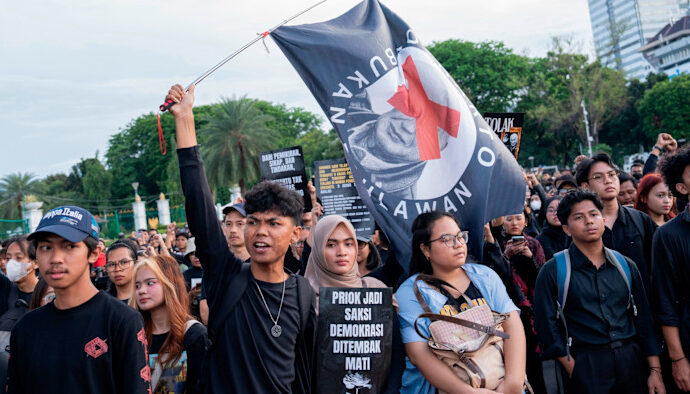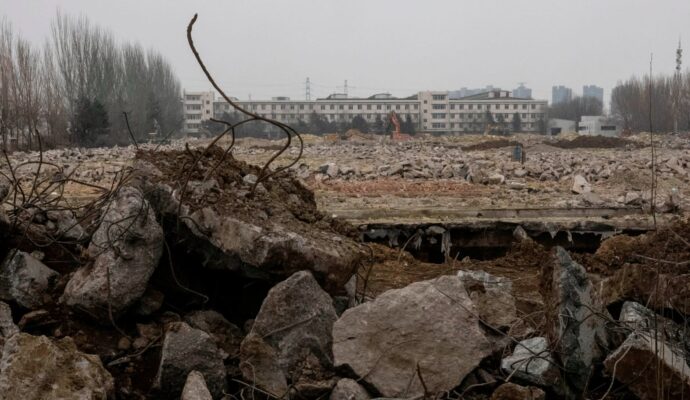The UK government has named its deputy national security adviser Matt Collins as being personally responsible for providing the witness statements linked to the collapse of an alleged China spying case.
Dan Jarvis, security minister, said Collins “was given full freedom to provide evidence without interference”, prompting claims he was being used as a lightning rod for criticism of the government’s handling of the case.
Sir Iain Duncan Smith, former Conservative leader, said that Jonathan Powell, national security adviser, should have been involved, while one leading security official said Collins was being lined up as a fall guy.
The official said. “I can’t believe he would act without cover on something this big.” Tom Tugendhat, Tory MP and former security minister, said: “Throwing your team under the bus doesn’t make you a leader.”
Jarvis’s comments came as MPs demanded answers about the collapse of a Crown Prosecution Service case against Christopher Cash and Christopher Berry, who were due to go on trial on charges of spying for China. Cash had been a parliamentary researcher.
Both men had strenuously denied the charges and their lawyers have said the collapse of the case last month showed it had been flimsy from the start.
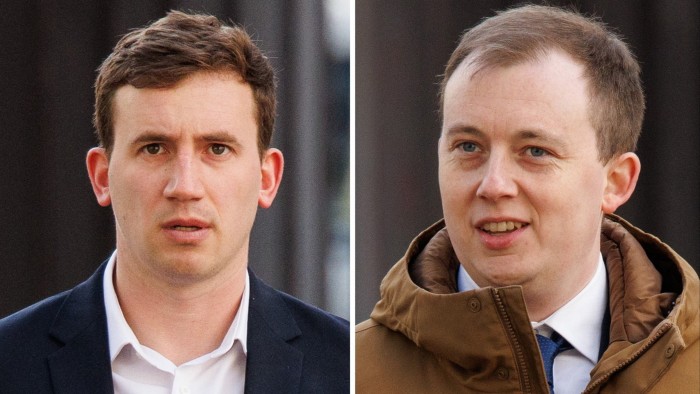
The two men were originally charged in April 2024 under provisions of the 1911 Official Secrets Act that requires prosecutors to prove that defendants had aided an “enemy”.
The head of the CPS Stephen Parkinson said last week that prosecutors had sought further evidence from the government after charging the men because the High Court in another case clarified that “enemy” meant a country that posed a national security threat.
Parkinson, the director of public prosecutions, said efforts were made “over many months” to get the current Labour government to provide a witness statement that China had been a threat to national security at the time of the alleged offences between 2021 and 2023.
Some former CPS officials have questioned Parkinson’s explanation of the events, noting that the High Court had made it easier, not harder, to prove allegations of spying under the 1911 act.
Jarvis, in a statement to MPs, insisted that the government could only give evidence on what the previous Conservative government’s attitude to China had been.
Jarvis said Collins had provided a witness statement in December 2023 and again in February and July 2025.
He added that the statements were “based on the law at the time of the offence and the policy position of the Conservative government at the time of the offence”.
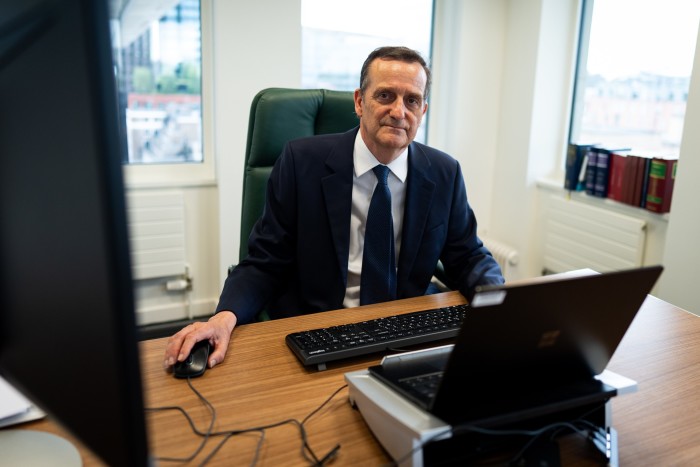
Duncan Smith said it stretched credulity that Collins sent in new evidence to the CPS earlier in 2025 without the approval of Powell.
“What’s the point of a national security adviser who does not involve themselves in matters of national security?” he asked.
Jarvis, who was seeking to draw a line over the affair, expressed his “deep frustration” that the case against Berry and Cash was dropped.
Downing Street separately confirmed on Monday that Powell discussed a high-profile alleged China spying case at a Whitehall meeting shortly before the prosecution collapsed.
Number 10 suggested the meeting in September was to discuss the diplomatic fallout with Beijing that would occur if spying allegations were aired in court, but insisted Powell played no part in the decision to drop the prosecution.
The meeting, which involved Powell and Sir Olly Robbins, permanent secretary at the Foreign, Commonwealth and Development Office, was held in the expectation that the case would go ahead, government officials said.
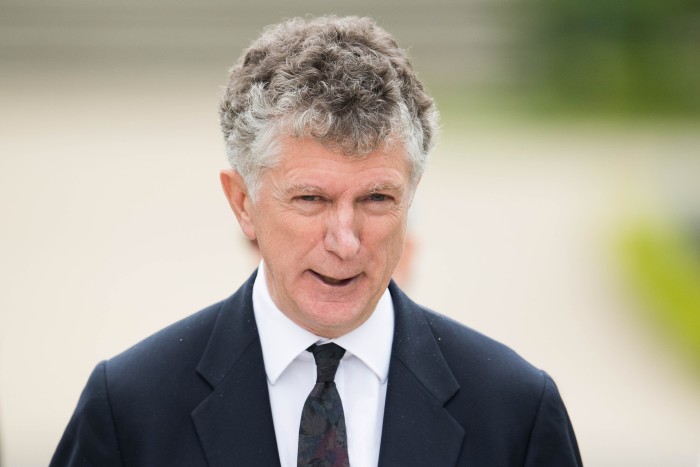
“It’s perfectly normal for the national security adviser to take part in discussions on national security that could affect bilateral relationships,” said a spokesman for Prime Minister Sir Keir Starmer.
The Speaker of the House of Commons Sir Lindsay Hoyle is taking advice on whether a private prosecution might be possible and told MPs: “I’m angry and frustrated. My job is to protect parliament and I feel we are not getting that protection.”
Jarvis told MPs that they would be sent new guidance by MI5 on how to protect UK democratic bodies from foreign interference and spying. The Home Office cited the threat posed by “elements of the Russian, Chinese and Iranian states”.
The guidance tells MPs and staff to be alert to cultivation of long-term relationship-building, blackmail, phishing attacks and disinformation and urges them to “keep track of odd social interactions, frequent requests to meet privately”.
But Kemi Badenoch, Conservative leader, claimed the government had been involved in a “deliberate attempt to collapse the case and curry favour with the regime in China”, adding: “China spied on this parliament and they are issuing us with leaflets.”
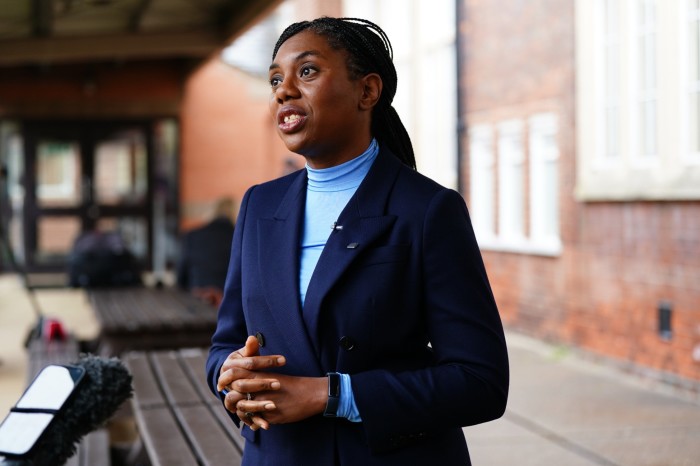
Downing Street on Monday cited comments by Sir James Cleverly, foreign secretary in 2023, on his policy towards China in which he said it was “impossible” to sum up the country of China in a single word such as “threat”.
However, in the same speech Cleverly added: “We will strengthen our national security protections wherever Beijing’s actions pose a threat to our people or our prosperity”.
Jarvis said that Parkinson had given an assurance that “the CPS was not influenced by any particular party, any member of this government, nor any senior civil servant or special adviser”.
Meanwhile Starmer is expected to visit China in the coming months and the Treasury wants to develop commercial relationships with Beijing; government officials admit that a high profile spy case would have soured bilateral ties.
